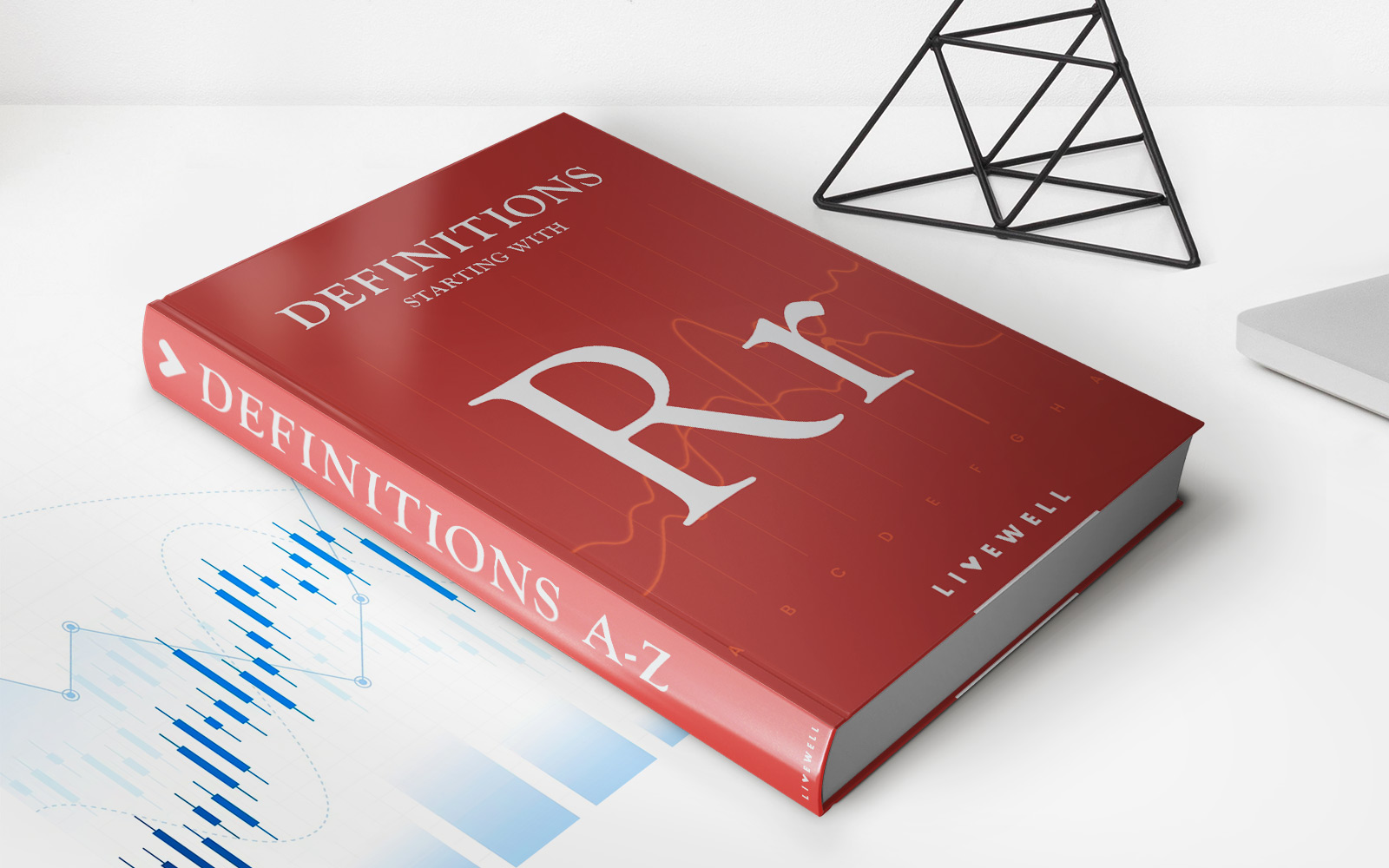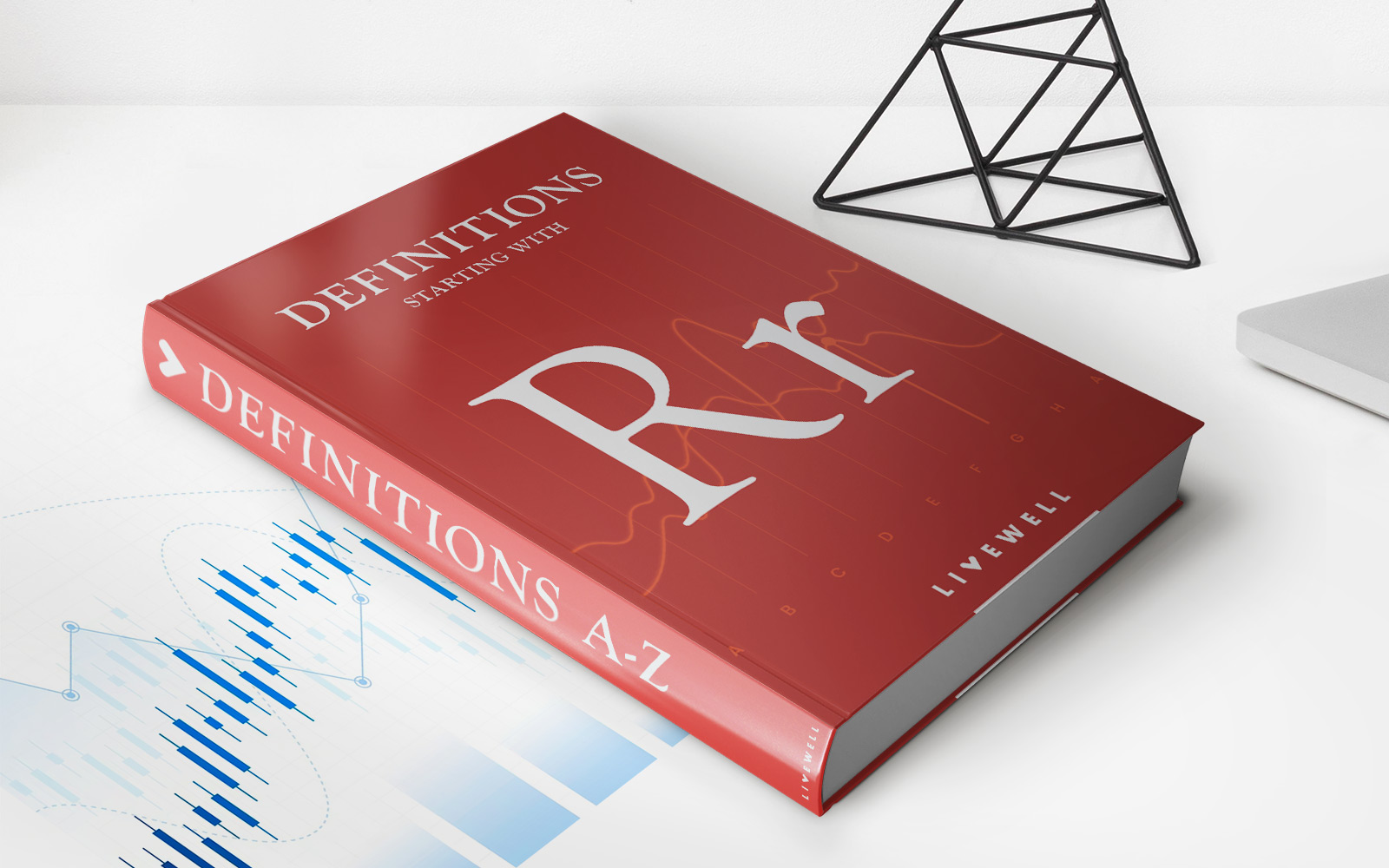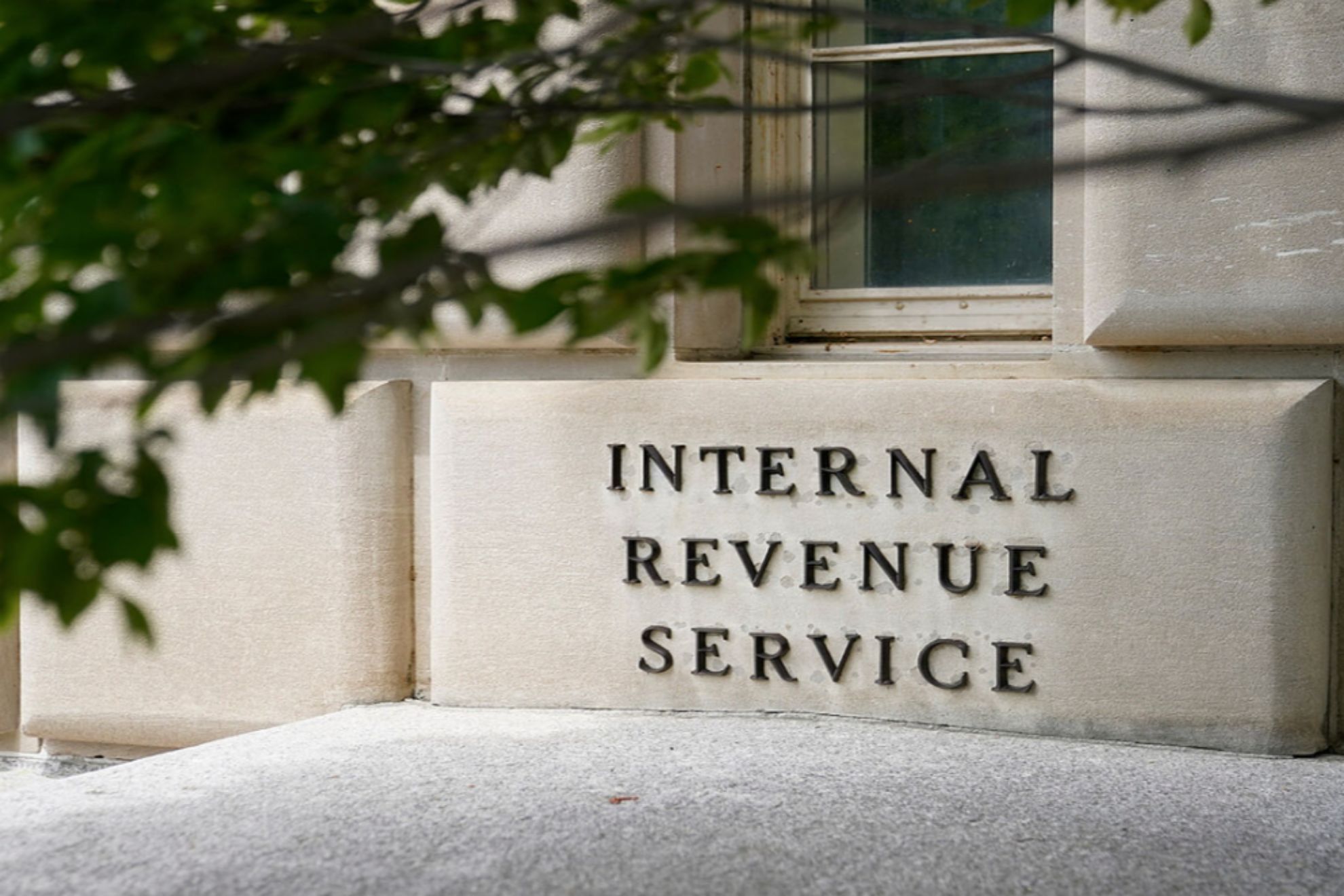Home>Finance>Licensee Definition, Special Considerations And FAQ


Finance
Licensee Definition, Special Considerations And FAQ
Published: December 18, 2023
Learn everything about the definition of a licensee in finance, understand the special considerations involved, and find answers to frequently asked questions.
(Many of the links in this article redirect to a specific reviewed product. Your purchase of these products through affiliate links helps to generate commission for LiveWell, at no extra cost. Learn more)
Exploring Licensee Definition, Special Considerations, and Frequently Asked Questions
Welcome to our “Finance” category, where we dive into various aspects of the financial world. In this post, we will explore the concept of licensing, focusing specifically on licensee definition, special considerations, and frequently asked questions related to this topic. Whether you are a business owner looking to license your intellectual property or an individual considering becoming a licensee, this article aims to provide you with a comprehensive understanding of the subject.
Key Takeaways:
- A licensee is an individual or business entity who obtains the legal right to use intellectual property or other assets owned by another party, known as the licensor.
- Licensees gain benefits such as access to established brands or products, while licensors can generate additional revenue streams and expand their market presence.
Licensee Definition:
Let’s start with the fundamentals – what exactly is a licensee? In the context of licensing, a licensee refers to an individual or business entity that obtains the legal right to use intellectual property, proprietary technology, trademarks, or other assets owned by another party. By entering into a licensing agreement, the licensee gains permission to utilize the licensor’s assets within agreed-upon parameters and for a specified duration.
Licensees can be individuals, small businesses, or even multinational corporations, depending on the scope of the licensing agreement. The purpose of licensing can vary widely, encompassing sectors such as software, entertainment, manufacturing, and more. Licensees often seek licenses to tap into established brands, expand their product offerings, access cutting-edge technology, or enter new markets.
Special Considerations:
While licensing can be a mutually beneficial arrangement, there are several special considerations for both licensors and licensees to keep in mind:
- Clear Licensing Terms: It is crucial for licensors to define the rights and limitations granted to licensees in a clear and comprehensive manner. This includes outlining the specific assets being licensed, the permitted usage, territorial restrictions, royalty rates, and any other relevant terms and conditions.
- Protecting Intellectual Property: Licensees must ensure they have appropriate safeguards in place to protect the licensor’s intellectual property rights. This could involve implementing security measures, maintaining confidentiality, and adhering to any restrictions placed on the use of the licensed assets.
- Quality Control: Licensors often retain control over the quality and standards associated with their brand or products. Licensees must comply with these quality control provisions to maintain the integrity of the licensed assets and protect the licensor’s reputation.
- Monitoring and Auditing: Both parties may benefit from implementing mechanisms to monitor and audit the licensee’s compliance with the licensing agreement. This can help ensure adherence to contractual obligations and facilitate dispute resolution if necessary.
Frequently Asked Questions:
What are the benefits of becoming a licensee?
Becoming a licensee can offer several advantages, including:
- Access to established brands, products, or technology, saving time and resources required for independent development.
- Ability to leverage an established customer base and market presence, potentially resulting in increased sales and brand exposure.
- Potential for entry into new markets or industries that may have been previously inaccessible.
Can a licensee sublicense the licensed assets?
In some cases, a licensee may have the right to sublicense the licensed assets to third parties. However, this is subject to the terms and conditions outlined in the licensing agreement between the licensor and licensee. It is important to review the agreement carefully to understand any restrictions or permissions related to sublicensing.
What happens if a licensee breaches the terms of the licensing agreement?
If a licensee fails to uphold the terms of the licensing agreement, it can lead to legal consequences. Depending on the severity of the breach, the licensor may have the right to terminate the agreement, seek damages, or take other appropriate action as outlined in the contract.
Licensee definition and the associated considerations are crucial aspects of any licensing agreement. By understanding the roles, responsibilities, and potential challenges, both licensors and licensees can enter into licensing agreements with greater confidence and clarity.
If you’re interested in learning more about licensing or have specific queries about this topic, feel free to reach out to our finance team. We’re here to help!














